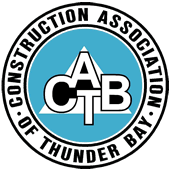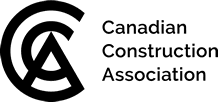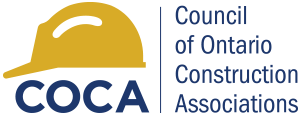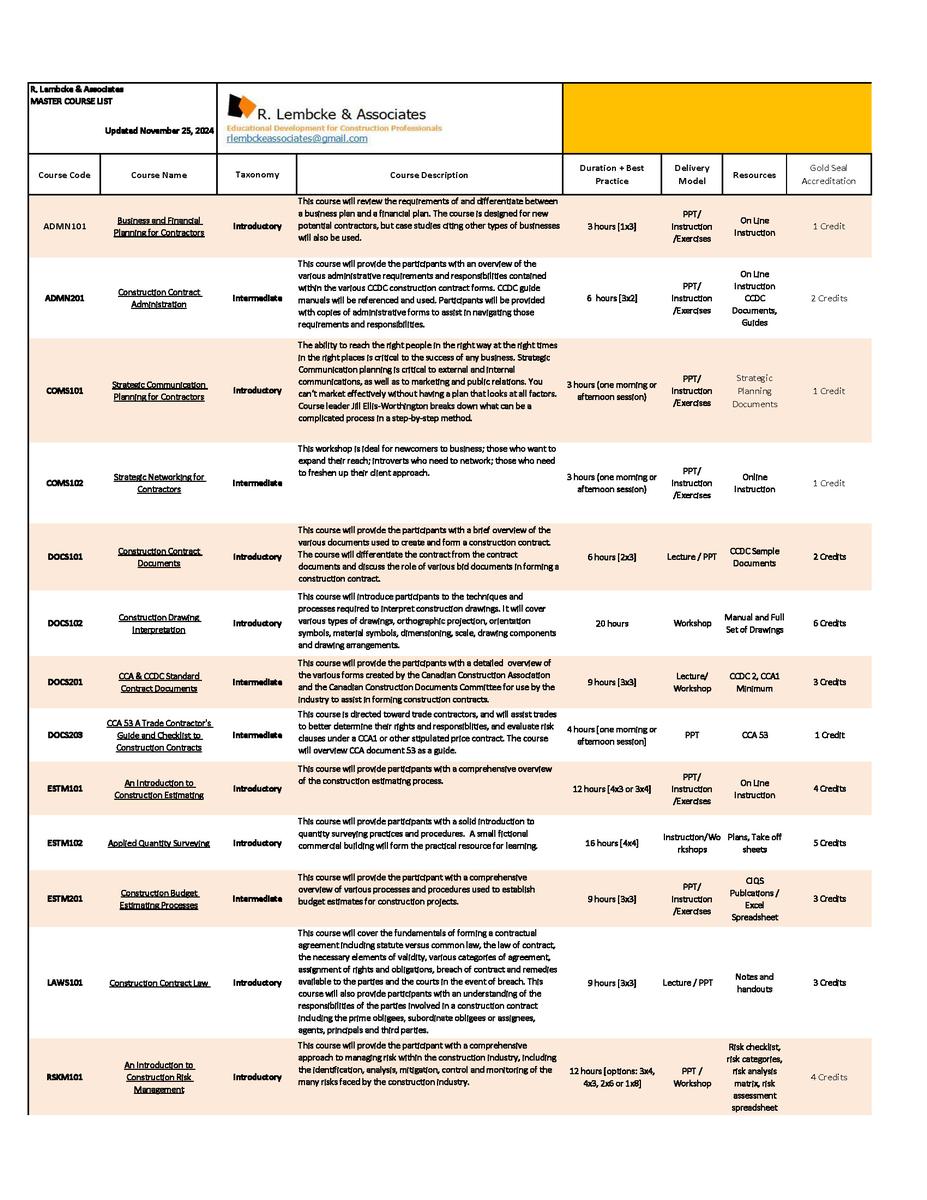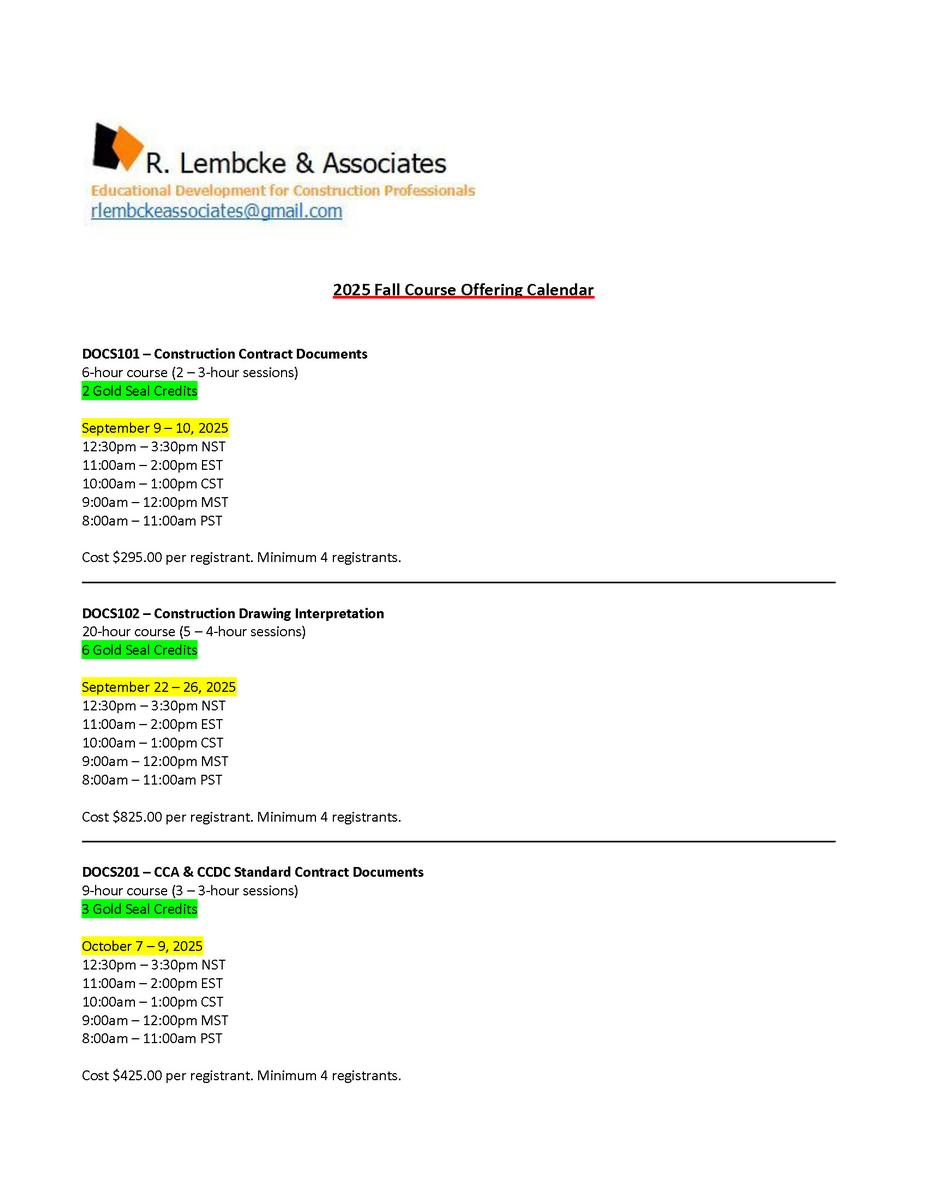R Lembcke & Associates Spring Training Courses
(Updated June 25, 2025)
Presented by Ralph Lembcke.
CONTACT the CATB to Register.
CLICK THE IMAGES BELOW TO VIEW FALL COURSE CALENDAR



ABOUT THE INSTRUCTOR: Ralph Lembcke
Ralph holds a certificate in Construction Engineering Technology and Management from Fanshawe College, a teaching certificate from St. Clair College and a Professional Gold Seal certification from the Canadian Construction Association. His career has taken him from estimator to project manager, from self-employed contractor to a 30 year career as a professor with the Donald J. Smith School of Building Technology at Fanshawe College in London, where he still teaches part-time.
He was a 25 year member of the Canadian Institute of Quantity Surveyor (PQS - Professional Quantity Surveyor) and is currently a charter member of the Construction and Design Educators Council of Canada. Ralph sits on the board of advisors for the CDECC as well as for an Ontario based construction company. He also conducts professional development audits for companies wishing to invest in their employee base through industry related and specific training.
Construction contracts, quantity surveying, estimating, construction materials and techniques and building economics are his primary areas of expertise. His technical articles have appeared in many SunMedia publications as well as Our Homes magazine and several construction association magazines.
